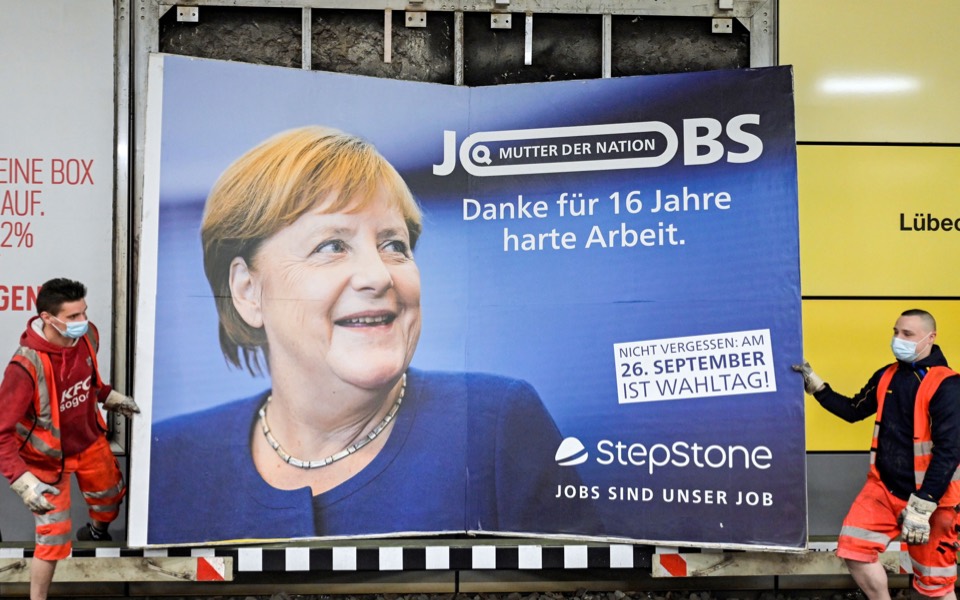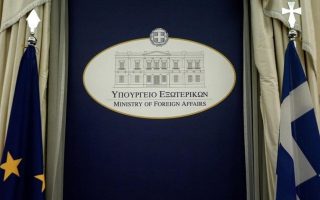Turkey in the German elections, as reflected in the parties’ manifestos

Rarely has an election outcome in Germany been as uncertain as today. As to the pollsters, the country may face arduous coalition negotiations after the September 26 vote. In these, foreign policy issues will not be the dominant concern, but they will play an important role. The recent events in and around Afghanistan have shown how volatile the setting is and how – from one day to another – unforeseen issues dominate the debates. In this context, Berlin’s future policy towards Ankara, notably the related refugee issues, will be one of the topics future coalition partners will need to agree on.
The parties’ election manifestos provide an important source for analyzing the views of the political actors. All major parties make more or less extensive references to Turkey and to the question of how Germany should deal with the country. During the 16 years of Angela Merkel’s rule, relations between Germany and Turkey have seen ups and downs – with more downs than ups. The refugee crisis of 2015 may be called a watershed moment for domestic politics in Berlin and also the relationship between Berlin and Ankara. Ever since, Berlin has emphasized the crucial importance of good relations with Turkey: “We want as strong as possible cooperation between the European Union and Turkey as well as a close strategic cooperation in issues of foreign and security,” the Christian Democrats (CDU) wrote in their manifesto for the 2017 elections. At the same time, this appreciation has limits: “We reject a full membership of Turkey [in the EU].” This year’s manifesto conveys more or less the same message, while – as to the crucial issue of EU membership – the wording has been adjusted, in a negative manner: “There will be no EU membership for Turkey with us,” the CDU states. As an alternative, the party suggests a “close partnership.” Also, this wording is weaker – and less committing – than Merkel’s earlier talk of a “privileged partnership.”
Not least as it is the party of the foreign minister and recent polls show a surge in voters’ preference, the Social Democratic Party’s (SPD) programmatic positions on Turkey deserve special attention. In its manifesto, the party deals with Turkey in three sentences: “We are observing the developments of the Turkish government’s domestic and foreign policy with concern. Turkey must respect the principles of the rule of law, democracy and international law. It is very urgent to intensify the dialogue between the EU and Turkey to address these issues in a critical manner.” Unlike in their 2017 manifesto, Germany’s Social Democrats avoid any reference to the Turkish accession negotiations with Brussels.
It is well possible that a future government in Berlin will bring three political parties together in a coalition instead of two as is the case today. One possible contender for cabinet positions is the Free Democrats (FDP). In this year’s election manifesto, Germany’s liberals – as in 2017 – advocate an end to accession negotiations: “A Turkey ruled in an authoritarian fashion by President Erdogan cannot be a candidate for membership,” the party says. At the same time, the liberals look ahead: “There will be a Turkey after Erdogan” and Berlin should prepare for that eventuality by intensifying the cooperation, in particular with Turkish civil society. The chances that Die Linke will join a government are considered slim. In its manifesto, the leftist party pleads for the cancellation of the 2016 EU-Turkey refugee deal and the termination of the export of all military arms from Germany to Turkey. Importantly, these are two points Germany’s Green Party agrees with. “The EU-Turkey deal undermines the international law in asylum and must be terminated,” its manifesto states.
While all major political parties agree in their criticism of the prevailing domestic and external politics of the Turkish government and reject what they term growing tendencies towards authoritarianism, differences exist as to how Berlin should react. Turkey’s future relationship with the EU is arguably the most important indicator. While the Christian Democratic Union (CDU), its Bavarian sister party, the Christian Social Union (CSU), and the rightist Alternative for Germany (AFD) see no place for Turkey in the European Union, the other parties are less outspoken, if not evasive in this regard. The most substantial changes regarding German policies towards Turkey should be expected if the Greens – not to mention Die Linke – are given the mandate to play a determining role in German foreign affairs.
Dr Ronald Meinardus is an Istanbul-based political analyst and commentator. In this article, he shares his personal views. This is an abstract of a research paper published by the Hellenic Foundation for European and Foreign Policy (ELIAMEP).





